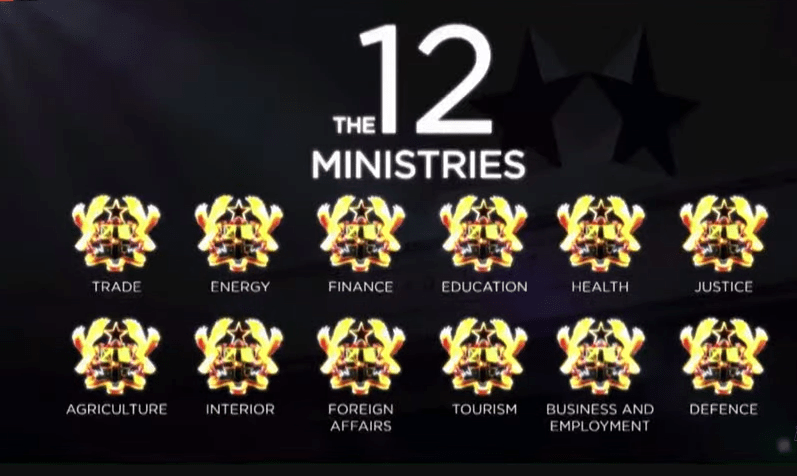As Ghana prepares for the 2024 elections, political leaders are unveiling their visions for the future, each vying to offer solutions to the nation’s persistent economic challenges. Among them is Nana Kwame Bediako, leader of the emerging political movement, The New Force, who has made a compelling case for industrialization as the cornerstone of Ghana’s economic development.
At the launch of his campaign, Bediako criticized the National Democratic Congress (NDC)’s proposed work shift policy, advocating instead for a radical focus on industrial growth to achieve a truly sustainable 24-hour economy.
In his speech, Nana Bediako dismissed the idea that simply extending working hours for traditional market vendors could lead to a 24-hour economy. He argued that such an approach is short-sighted and fails to address the structural needs of the economy.
“Who sells gari for 24 hours in Makola? The women in Kejetia and Kantamanto cannot work for 24 hours. It will take a factory, it will take a plant, a production line to give three shifts a day. No industrialization, no 24-hour economy.”
Nana Kwame Bediako, Leader of The New Force
This perspective marks a significant departure from the NDC’s approach, positioning industrialization as the only viable path to achieving a round-the-clock economy.
Nana Bediako’s argument is rooted in the idea that only through the establishment of factories and production lines can sustainable jobs be created on a 24-hour basis.
“A machine, a plant, is the only thing that can give you jobs in three different shifts—eight hours times three a day. That is what I call a 24-hour economy,” Bediako explained. By focusing on industrialization, he envisions a Ghana where economic activity is continuous, driven by the power of manufacturing and large-scale production.
New Governance Paradigm: Apostolic Governance

Beyond his economic vision, Nana Bediako is also calling for a fundamental shift in the way Ghana is governed. At the core of his manifesto is the concept of “apostolic governance,” a lean, efficient system inspired by the 12 disciples of Christ.
According to Nana Bediako, this model would involve a streamlined government with just 12 ministries, each focusing on a critical sector of national development.
This proposal is not merely about reducing the size of government; it is about redefining its purpose and functionality.
Nana Bediako’s apostolic governance plan includes ministries for Finance, Trade, Energy, Education, Health, Justice, Agriculture, Interior, Foreign Affairs, Tourism, Business and Employment, and Defence.
He emphasized that these ministries, which he refers to as “apostles,” would be instrumental in upholding the pillars of society, ensuring that governance is both effective and sustainable.
Central to Nana Bediako’s vision is the transformation of key sectors through his proposed ministries. For instance, he criticized the current state of the Finance Ministry, describing it as struggling under the weight of traditional practices.
Under his administration, Nana Bediako promised to refocus the Finance Ministry on investment, ensuring that Ghana’s financial resources are efficiently utilized and that returns on investment are maximized.
Similarly, Nana Bediako planned to revitalize the Trade Ministry, which he claims has been too dormant in recent years. He envisions transforming Ghana into one of the largest exporters in the region, significantly reducing the nation’s dependence on imports. This shift, he argued, is essential for strengthening the economy and creating jobs.
In the agricultural sector, Nana Bediako proposed the establishment of a national seed bank, a move he believes is crucial for ensuring food security and promoting agricultural development. By securing a stable supply of seeds, Ghana can enhance its agricultural output and reduce its vulnerability to external shocks.
Nana Kwame Bediako’s proposals present a bold vision for Ghana’s future, one that is deeply rooted in the principles of industrialization and efficient governance. His critique of the NDC’s work shift policy underscored his belief that superficial changes will not be enough to transform the economy.
Instead, Nana Bediako advocated for a structural overhaul, with a focus on building the necessary infrastructure to support a 24-hour economy.
The success of Bediako’s vision will depend on his ability to convince the electorate that his approach is not only desirable but also achievable within the current political and economic climate.
READ ALSO: NewGold ETF and TotalEnergies Drive Diverging Fortunes in Latest GSE Trading Session



















